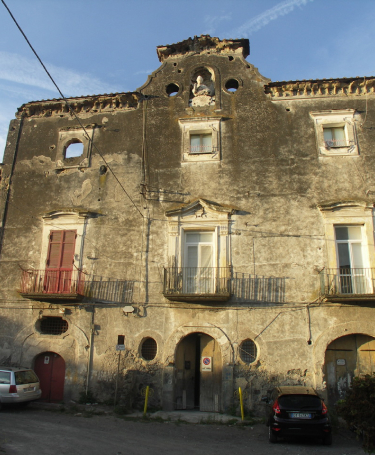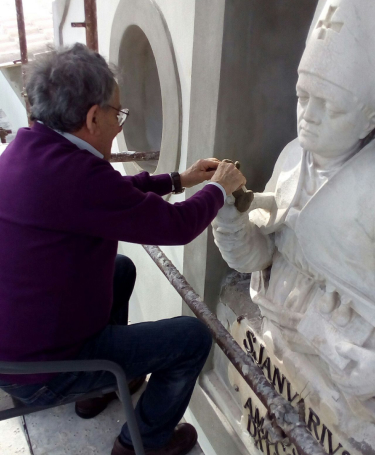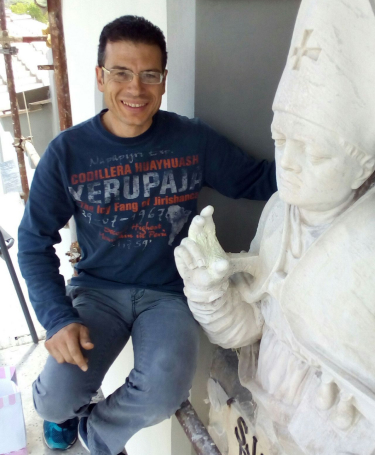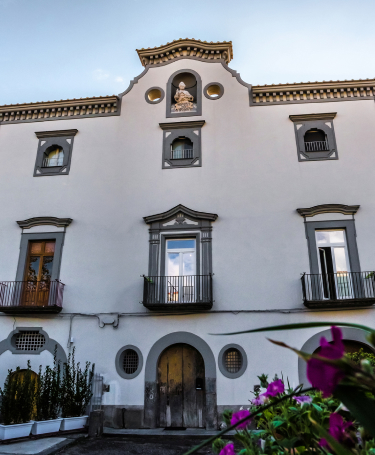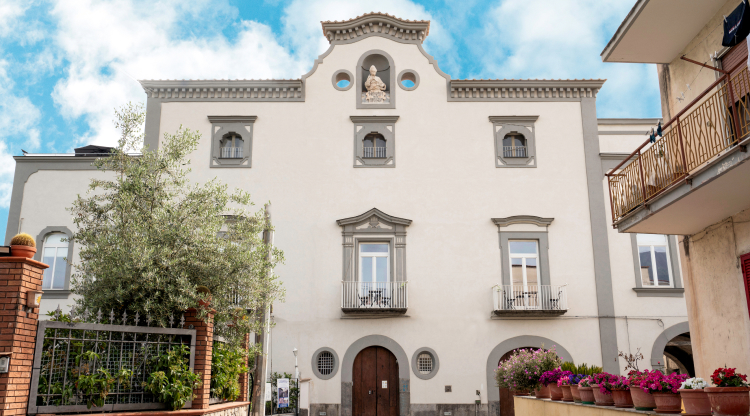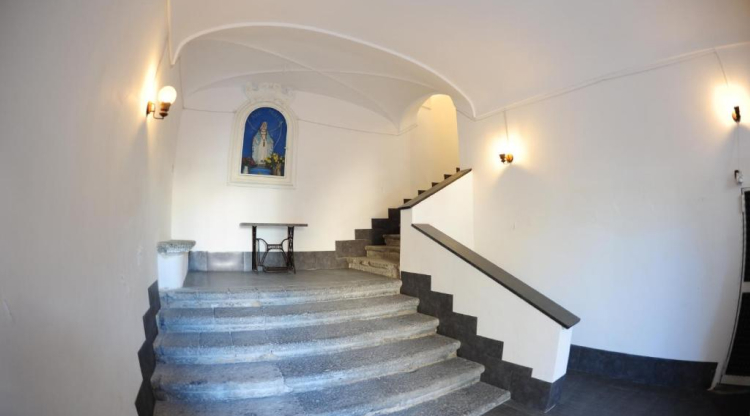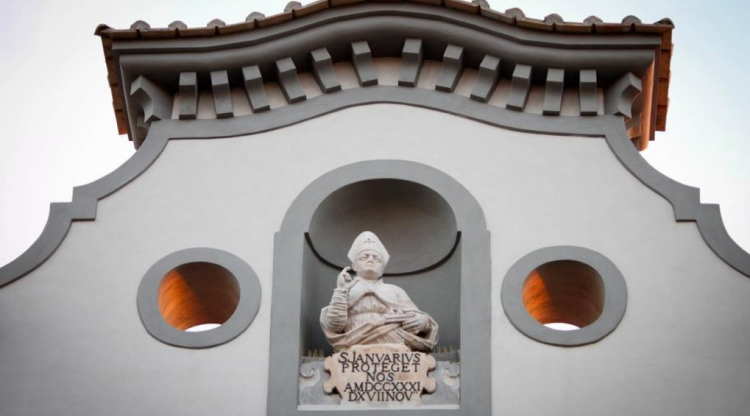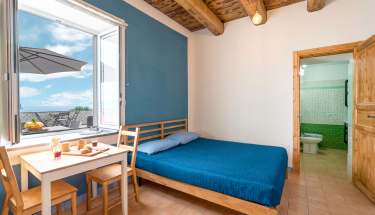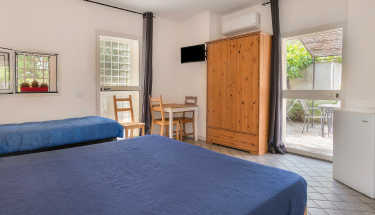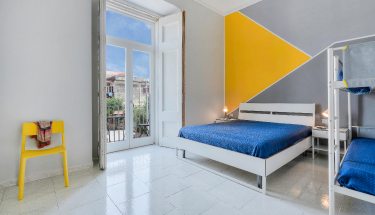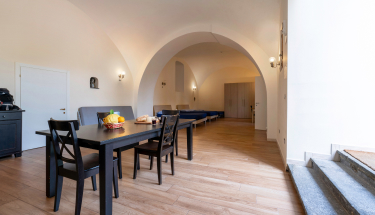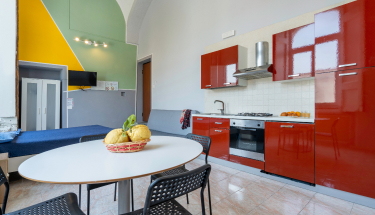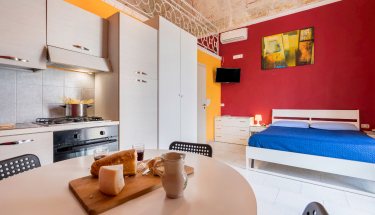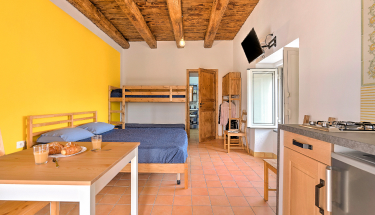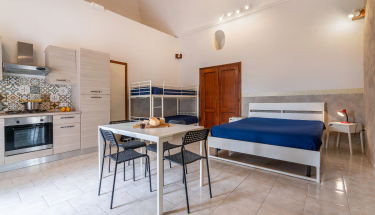Villa Vesuviana
The History of the Villa
Villa Vesuviana is a building of particular historical interest that belonged to the Rota family.
The unusual architecture, which blends rustic features with eighteenth-century-style ornamentation ,
makes this palacean asset of historical and artistic interest protected by the Superintendency.
It all began when in 1545, Bernardino Rota was appointed Knight of St. James by Emperor Charles V
. After about 1 century the Colletorto Marquis Bartolomeo Rota built what is currently called
Villa San Gennariello and is part of the 121 villas built at that time
called Vesuvian Villas.
EXTERIORS PHOTOS
Built not only to enliven the stay of men who love art and culture…
BETWEEN HISTORY AND BEAUTY
A paradise between Sea and History
small façade of this 18th century palace has a monolithic appearance appearance accentuated by the absolute predominance of solid surfaces; the massive corbelled cornice is interrupted to give way to the frastiglio in which the aedicule Sacra flanked by two openwork medallions creates an unusual effect of transparency. It is in this magical architectural frame that the statue of San Gennaro, which gives the villa its name, is placed. A marble engraving placed under the bust of the Saint reads :
“S. Januarius proteget nos “
A.MDCC XXX1 – D. XVII NOV
Villa Vesuviana, after careful restoration, has now returned to its former glory, regaining the original purpose of its construction. The villa is open to a tourism that appreciates the history and culture of these lands, recounted as early as 23 AD by Pliny the Elder.
Called by its historical name, Villa San Gennariello was born in Torre Del Greco from an urban planning process initiated by King Charles and Queen Amalia in the 18th century.
The restauration of the villa
